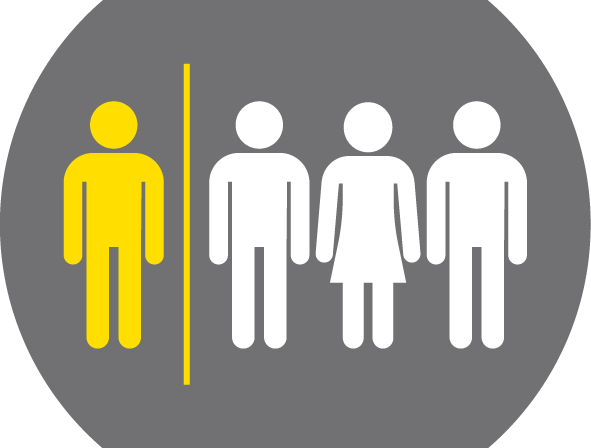Why?
Children and young people have spoken about the words that should be changed when professionals talk about children in care and care leavers. Language is a powerful tool for communication but sometimes the way that it is used in social care creates stigma and barriers for understanding.
What?
The Children in Care Councils, The Super Council, OCYPC and YAC identified the words that they wanted to change and explained how the words make them feel.
Young people identified that some words used in the care system can be really complicated at times leaving children and young people confused. Also some of the words leave children and young people feeling “like an object”, or “it sounds like you’re stupid or missing something.” They then identified alternative words that they would like to see used instead when professionals are talking or writing about care.
The Children in Care Councils feel that it’s important to find alternative words that everyone can understand and use. They want to challenge everyone to think about the language they are using and encourage asking children and young people what words work best for them.
The list has been shared at all levels across Kent to ensure that professionals use these alternative words when talking to children and young people and writing them in documents.
Impact
Professionals are more mindful about the words that they
use when talking about children in care and when writing
about them.
+ Kent has changed the way it writes about young people in all of their policies and procedures.
+ Children and young people feel listened to.
+ This work was also included in ANV’s national report:
‘What children and young people wanted to say to the Care Review’




